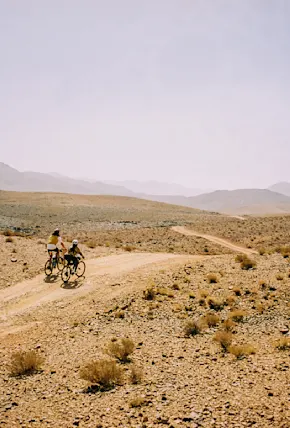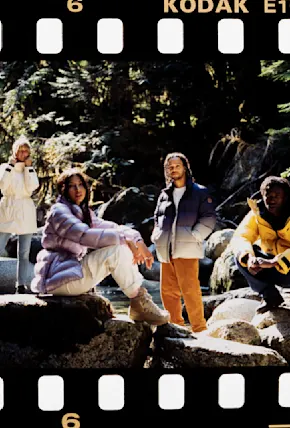Social media is a very scary place. It’s completely out of my control. But the majority of responses have been amazing and I was very, very happy in the end that I have done that. I still have people ask me questions, and there has been so much support around it, so it’s really, really encouraging.
This is a very important part of my journey and I have made a commitment as part of my reconciliation efforts that this will be something I keep doing for the rest of my life.
What can people do to be more conscious and respectful when traveling to Indigenous territories?
For me, it goes far beyond Leave No Trace.
Recognize that you're a settler traveling into Indigenous territories and that you can't claim ignorance anymore. We live in an age where you can Google any question and find an answer. So, for starters, get to know the Indigenous territory that you are going to be traveling to—or even that you call home—and learn its story from an Indigenous perspective, including the Indigenous given name for that territory. (For example, if you’re hiking in Joffrey Lakes you are within the traditional territory of the Stl’atl’imx.) If you’re going on a hike, research the history of the territory and the traditional Indigenous name of the mountain or peak you’re summiting.
Research whether the land you’re planning to visit is home to any sacred sites and find out if there are any protocols around visiting them, in addition to possibly reading some of the traditional stories about the land you’re hiking on. And if you’re going to Instagram the location of that photo, include, or better yet, only use the Indigenous name of that particular place. That said, there's a fine line between giving places too much exposure and honoring who they really belong to, so I encourage everyone to follow digital LNT guidelines and consider not geotagging images on Social Media.
This is all about us beginning to hold ourselves accountable and taking education into our own hands. These small acts are ways to show respect to Indigenous peoples, lands and traditions: an important aspect of reconciliation and part of helping to honor those who were too long silenced.



















